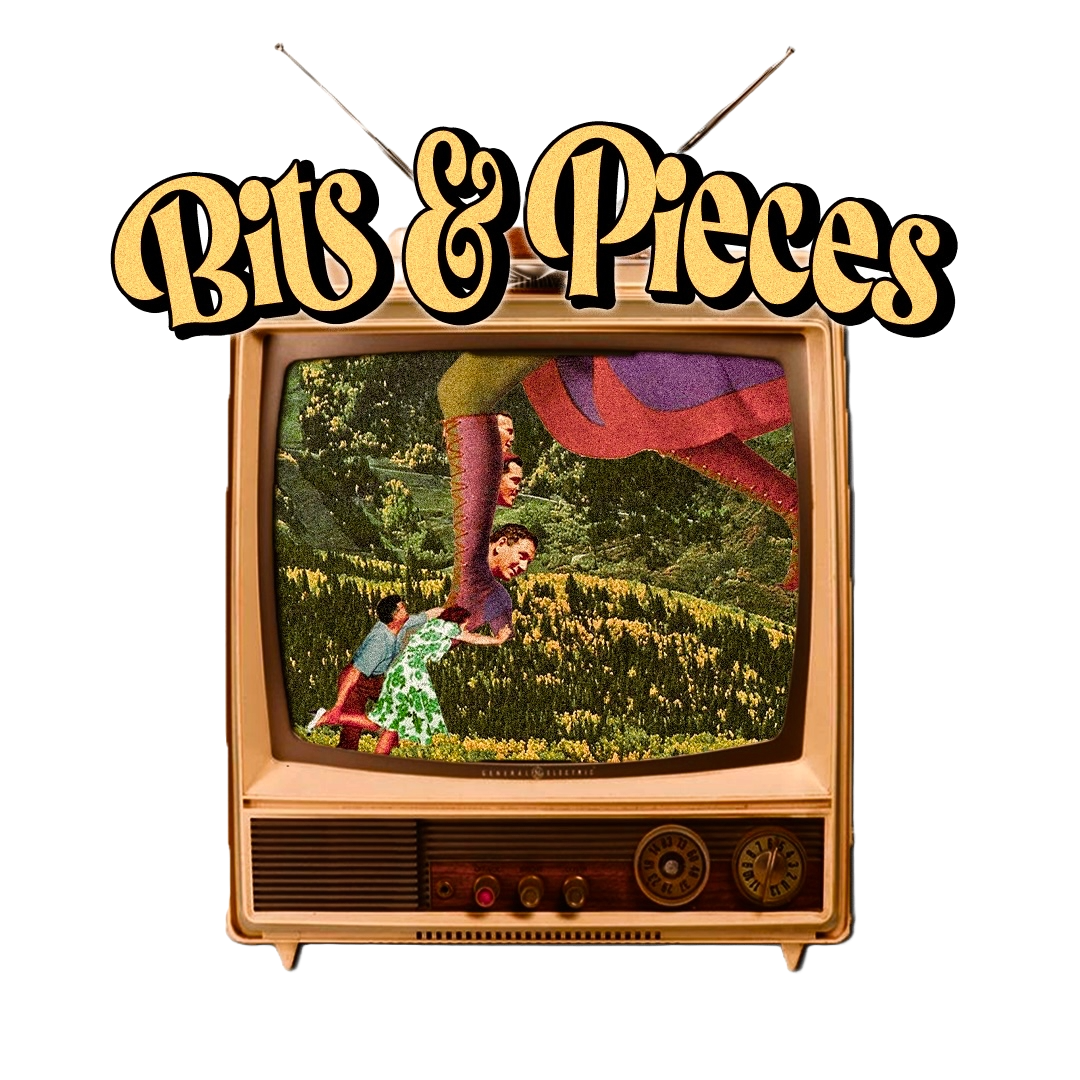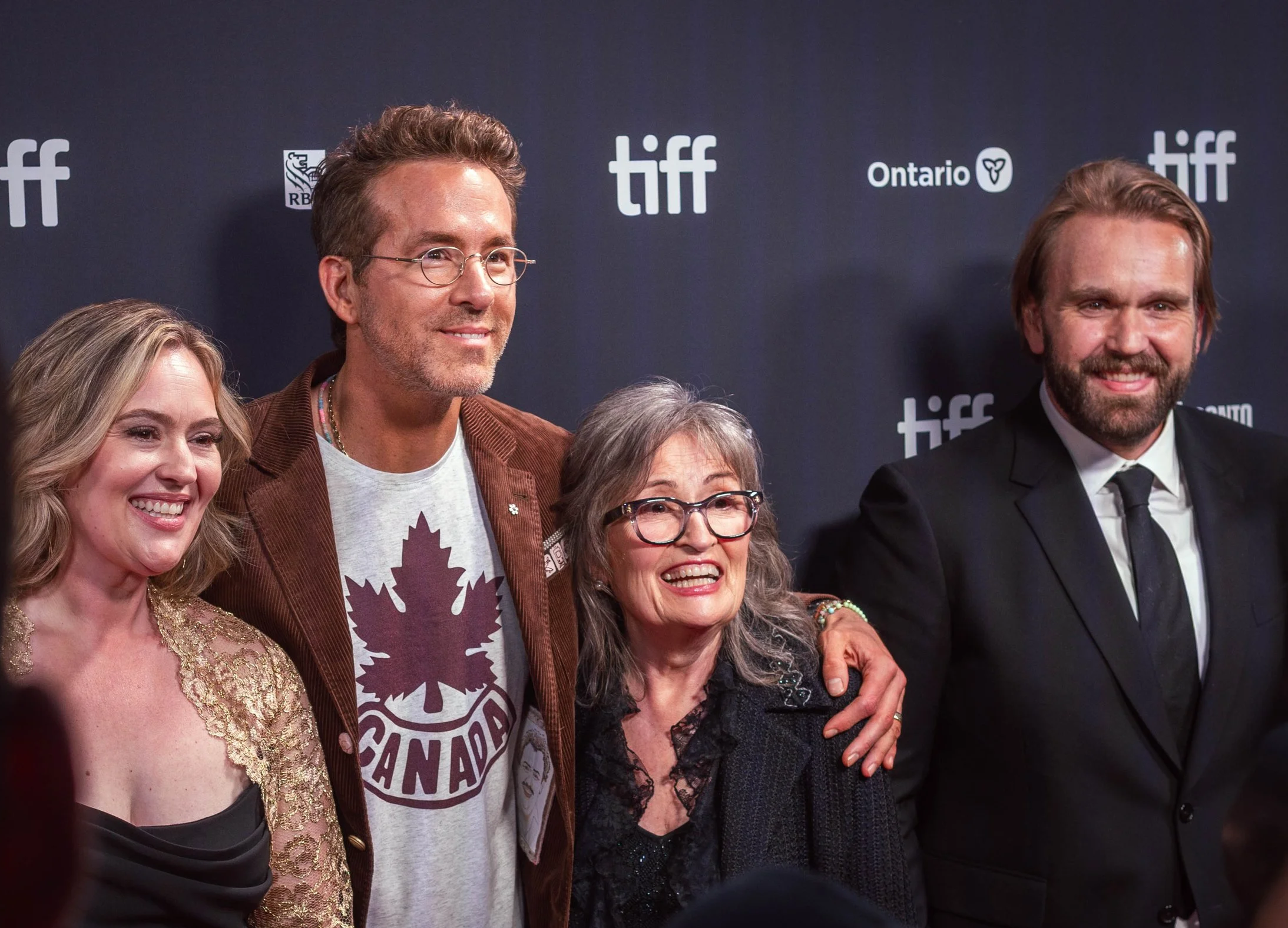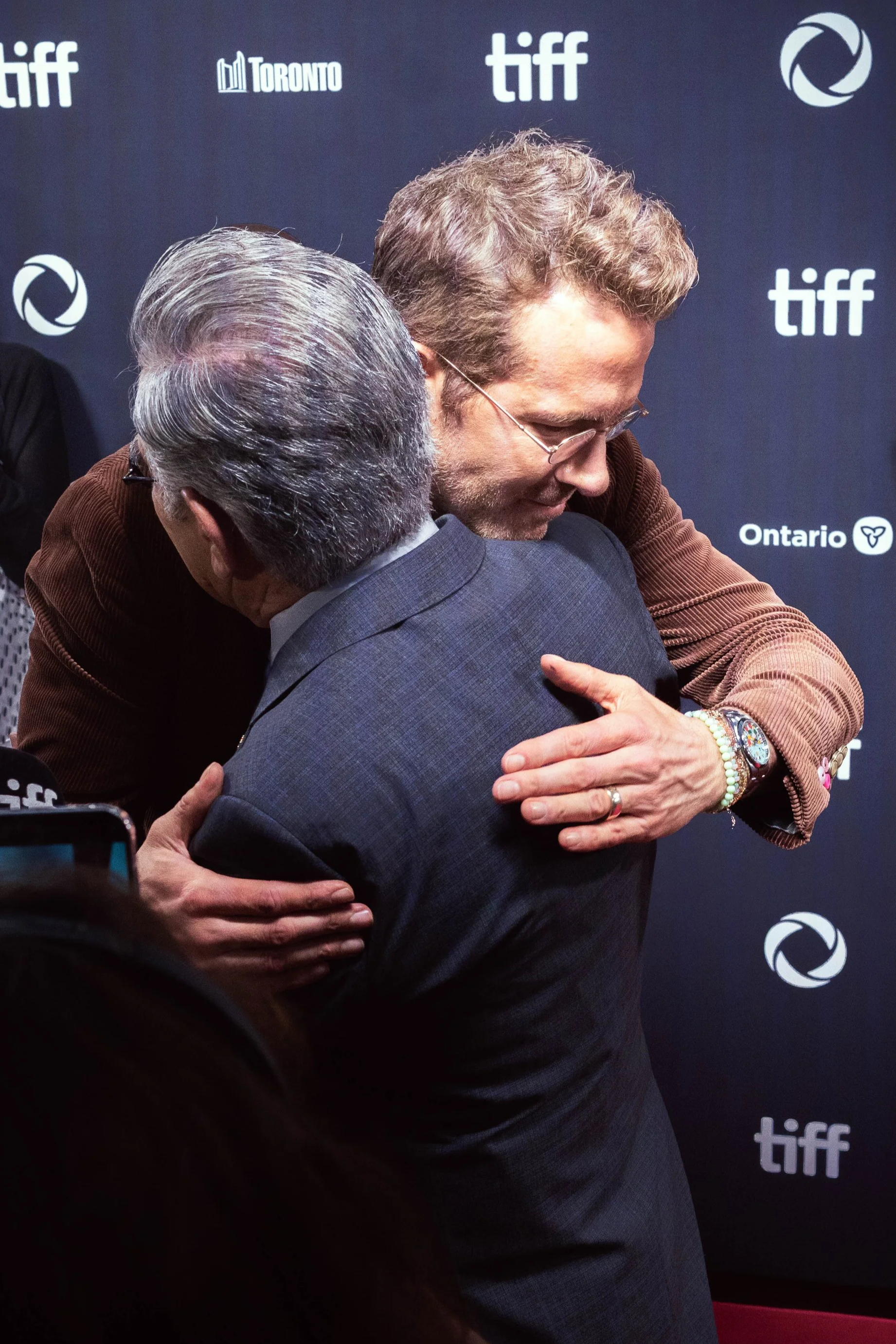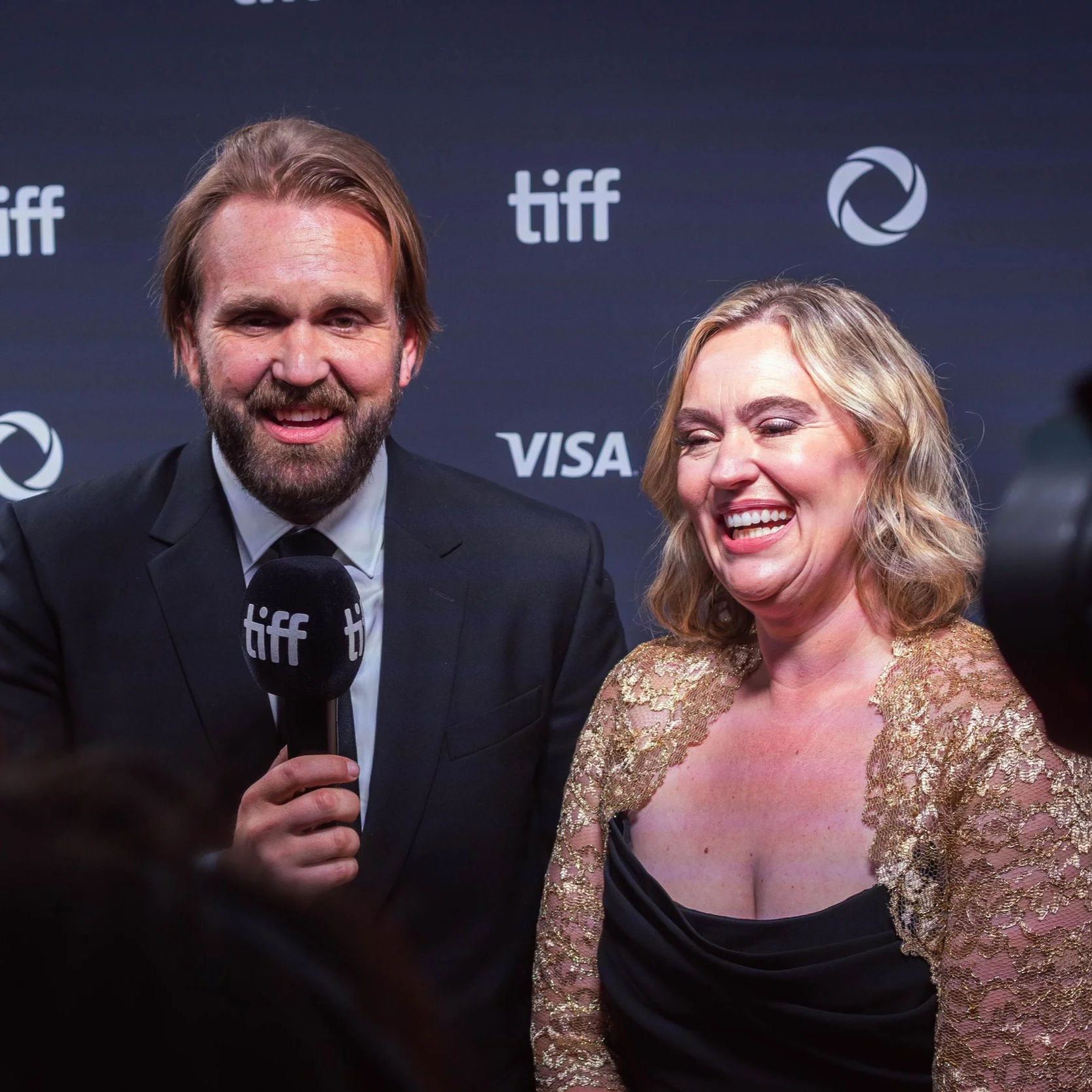We Love Him: A (completely unbiased) Review of John Candy: I Like Me
by Tessa Squissato
You hear it over and over again: “when you see his face, you can’t help but smile”. No truer statement could ever be made about John Candy. It's a phenomenon I first became acquainted with at ten-years old, when my mom introduced me to SCTV. After that, every birthday and Christmas list demanded a DVD copy of Uncle Buck, The Great Outdoors, or any other John Candy flick I could get my hands on. In this sense, I always felt like I was living in a different world than my peers. It’s not difficult to imagine that a twelve-year old girl who frequently quotes Spaceballs would be the subject of some social ostracization and verbal abuse. But I truly didn't care, because I just traipsed around in Candy-land all day. I wrote school assignments about him, when I had friends over we’d watch his movies and sketches (which I’d already seen a thousand times over), and I talked about him and his comedic contemporaries incessantly. This kind of obsession usually burns out, but I never got sick of him. Sure, I quote Spaceballs a little less, but I still smile every time I see his face.
Photo courtesy of Michael El-Hashwa
Jennifer Candy (John’s daughter), Ryan Reynolds, Rosemary Candy (John’s wife), and Chris Candy (John’s son) on the John Candy: I Like Me TIFF50 Red Carpet
All this to say, John Candy: I Like Me was a film of incredible personal importance to me and I am incredibly grateful to have had the opportunity to see it on the big screen at the Toronto International Film Festival this year. Over the past few years, I’ve found myself becoming more emotional when I think about him or watch his work. First I smile, then I start to cry. I’m not exactly sure what to attribute this to, but his loss seems to weigh heavier on me as time goes by. I understand how ridiculous this sounds, that he had a family and friends who mourn him in a way that would be impossible for me to even conceive of. But therein lies the beauty of John Candy— he made everyone feel as if they intimately knew him, even myself, having been born a decade after his death.
This film is a loving tribute to a man about whom no one had a bad word to say. It's a beautiful portrait painted in home videos, never-before-told stories, and of course, a multitude of hilarious moments from an incredible body of comedic work. Throughout the documentary, we are reassured that the kindness we’ve always seen in John's eyes, is the kindness that was truly in his heart— not to sound too smarmy, but it’s simply the truth. This is a sentiment echoed by his wife and children, as well as by his friends, both those from childhood and those who knew him at the height of his fame.
Photo courtesy of Michael El-Hashwa
Eugene Levy and Ryan Reynolds embracing on the John Candy: I Like Me TIFF50 Red Carpet
Photo courtesy of Michael El-Hashwa
Chris and Jennifer Candy on the John Candy: I Like Me TIFF50 Red Carpet
The best comedy is born from honesty, from performing the absurd with sincerity rather than deliberately trying to act funny. So it's no wonder John was such a gifted comedian. He was honest in every sense of the word. As executive producer Ryan Reynolds described it, he was “self-effacing not self-loathing.” His confidence came from his vulnerability, his comforting every-man quality. In the documentary, his friends and family describe him as the shy type, noting that when he first started improv, he was the quiet performer you’d find at the back of the stage. I can imagine many viewers of this film— myself included— will see themselves in this description of John. Once again, this speaks to that intangible quality he possessed. That quality which makes the average person feel as if they are “just like” one of the greatest comedians of the 20th century.
The same qualities which endeared John to his fans, are also those which left him vulnerable to the harsh cruelties of human nature— cruelties which are only further amplified when you enter the limelight. Conan O’Brien (who is heavily featured in this doc, yippee!) discusses how dangerous it is to be a people pleaser in an industry which demands that you give more and more of yourself. On this note, one of the moments that really struck me was an interview clip in which John likened himself to a dog, saying someone would have to kick him a lot before he'd stop coming around. Once again, this hit close to home for me, and I’m sure for many others. John’s story is proof that the life of a perpetual people-pleaser is an unsustainable one. With his mental health struggles receiving significant focus in this film, it is truly heartbreaking to watch John silently suffer through those issues which many of us can now openly discuss and seek help for. In such a way, the film functions as a cautionary tale as much as it does an inspiration.
Photo courtesy of Michael El-Hashwa
John Candy: I Like Me director, Colin Hanks on the TIFF50 Red Carpet
Ryan Reynolds referred to this documentary as the “last John Candy movie” people will ever see. I sincerely underestimated the effect that a statement like this would have on me, and the weight of it has sat like a rock in my stomach ever since I heard it. I suppose it is because prior to this film, I was under the impression that the last John Candy movie already existed, because effectively, it did. I grew up having accepted the depressing reality that we would never see anything new from John. In this documentary, it is truly a privilege to watch unseen footage of John at home with his family, on-set doing bits with his friends, and out in the world stopping to interact with every fan, but it also re-opens the wound, so to speak. I am firmly of the belief that John was right on the precipice of a great foray into dramatic acting when he passed in 1994. You see glimmers of this future particularly clearly in John Hughes-helmed projects like Uncle Buck and Planes, Trains, and Automobiles, where John’s real-life vulnerability and humility lends itself expertly to the performance of palpable on-screen emotion. Thinking about what could have been had John not been prematurely taken from this world is an emotional gut punch equivalent to the “I Like Me” monologue played on a continuous loop.
Nothing I have written here speaks to the quality of the film itself, rather, this purely reads as a here’s-how-much-I-love-john-candy spiel— because that's exactly what it is. I’m sorry, I can't help myself! That's not to say that this is not an excellently produced documentary, because it is. It's merely to say that John’s presence on screen distracts from any thought given to quite literally anything else. There are no words that come close to conveying the extent of the emotions that arise when I think about John Candy. What I can say is that the amount of tears I shed during this film could be hydraulically harnessed to power a small town for a week. It goes without saying that I like John Candy— moreover, I love him, I admire him, and I mourn him.




